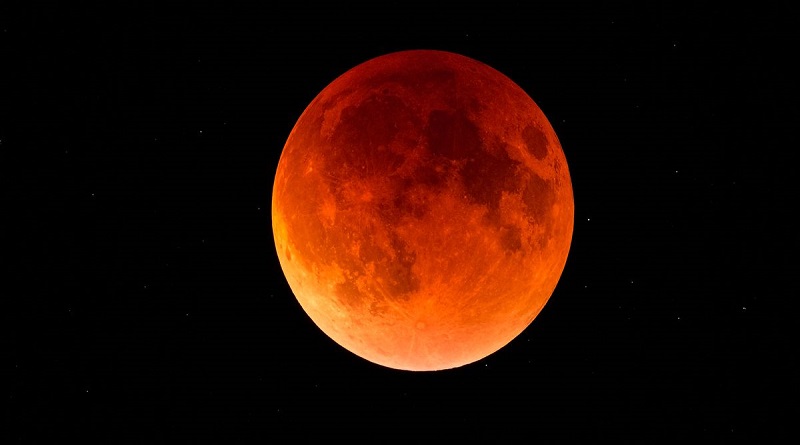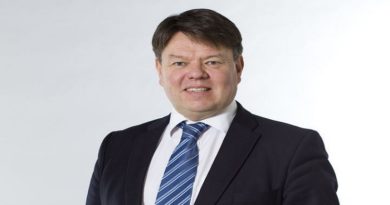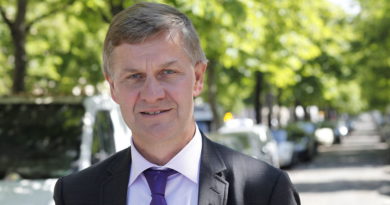Experts to discuss latest advances in climate science, others
A once-in-a-decade international research conference will discuss changes in the Earth’s climate system which will reverberate for centuries and even thousands of years, and which are impacting lives on a daily basis now.
The Open Science Conference of the World Climate Research Programme brings together more than 1400 experts in a concerted effort to ensure that advances in climate science keep up with the speed of climate change and help support a more sustainable future for the planet.
It is hosted by the Rwanda Environment Management Authority (REMA) on behalf of the Government of Rwanda and the University of Rwanda, from 23 to 27 October 2023 in Kigali. It is in hybrid format.
The Open Science Conference takes place at a critical time of prolonged and unprecedented heat both on land and at sea. September temperatures were literally off the charts. Antarctic sea ice extent is record low, and by a huge amount. Greenhouse gas concentrations, which are driving the change, remain at a record high.
The dramatic climate events of this year have prompted many questions as to whether Earth is witnessing a more rapid shift of the climate to a warmer state, and whether there has been a fundamental change in atmospheric and ocean circulation patterns.
There is also growing discussion about whether we are approaching some key “tipping points” – rapid and/or irreversible change in ice sheets, sea-ice, forests, coral reefs and other key components of the Earth system.
“We urgently need transformative actions to ensure a sustainable future. Decision makers require robust climate science to understand, predict, and plan for the impacts of climate change. Now, in what will surely be the warmest year on record, WCRP is convening this conference to discuss the latest advances in climate science and how to ensure that actionable and context-relevant climate information is available to all.” says conference co-chair Detlef Stammer.
“This conference is taking place in the heart of Africa, where, as with other places in the Global South, there is inadequate research funding in the same places where society is disproportionately vulnerable to the impacts of climate change. We need to find ways to shift the balance so that researchers in the Global South can supplement their local knowledge with the tools, data, information, and expertise needed to adapt to and mitigate climate change impacts on their own terms. The early and mid-career researchers of today will be the key, as they will be our future leaders. We need to invest in them and let them lead the way,” says Helen Cleugh, the other co-chair.
The outcome of discussions will culminate with the “Kigali Declaration” – a conference statement that will be submitted to the 28th Conference of the Parties (COP28) taking place in the United Arab Emirates in December 2023.
An Early and Mid-Career Researchers Symposium will foster future scientific leadership. Meeting in the heart of the African continent will promote strong engagement with research communities, stakeholders and practitioners from the region.




